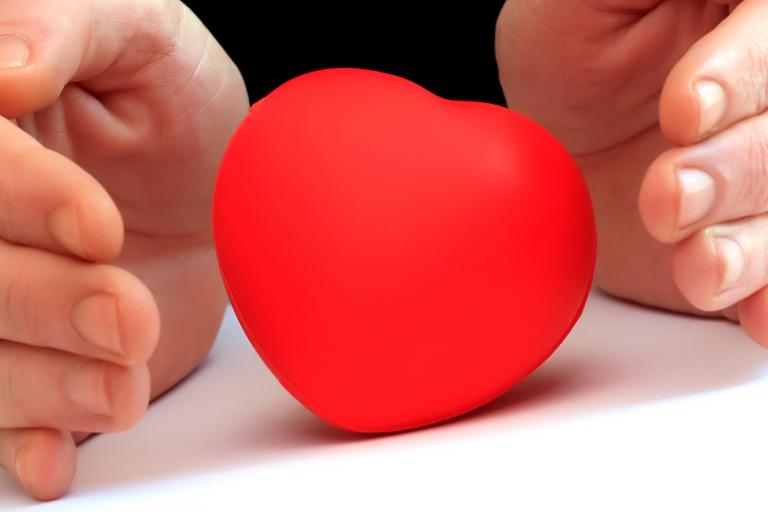Stress and anxiety can be common culprits behind insomnia, increased heart rate, and overeating. But mental health issues can also hinder some of the body’s vital physiological processes, including digestion and hormone level management.
Following a few of these simple strategies could ease your mind and benefit overall health.
How to Find Balance
-
Reach for Social Connections, Not Social Media
Social connections with loved ones or colleagues can help avoid feelings of stress and loneliness. But beware of making your main connections on social media. Social media might provide temporary entertainment, but studies show that it can take a large toll on the mind.
In a 2017 survey of Britons aged 14 to 24 suggests that more social media time on platforms like Facebook, Twitter and Instagram could result in feelings of anxiety and depression. They also reported struggling with issues like poor sleep, body image, fear of missing out (a.k.a FOMO), and bullying.
-
Limit Screen Time
Spending too much time in front of a computer or phone screen, especially at night, can fatigue your eyes and make it hard for the brain to relax. When lying in the dark, experts say that blue light associated with phone and laptop screens can keep the brain awake and alert. This may make it hard to sleep or put your late-night thoughts into overdrive.
TIP: Some IPhone or computer apps, like the Screen Time app, built in to IPhone’s with IOS 12 or higher. Before you tune out for the day, checking an app like this can give you a real idea on how much time you’re spending in front of a given screen — and what you’re spending it on. Some of these apps also allow you to limit the use of apps you spend too much time on. This has been popular for parents of children with smartphones, but adults can place limits on themselves too.
-
Jog or Run
A 2019 JAMA Psychiatry study found that participants who regularly exercised presented less risk of developing major symptoms depression than those who did not. Yoga, one popular workout style which combines physical activity with meditation strategies, is also often used by people looking for a spiritual and physical balance.
-
Accept Hugs
Studies show that regular hugs are linked to lower blood pressure and heart rates in post-menopausal women. In 2018, researchers suggested that hugging a loved one or partner shortly after an argument can help both parties ease negative moods caused by the conflict.
-
Mindfulness and Meditation
While meditation, used around the world for centuries, has been seen to reduce blood pressure and strengthen the mind, its sub-strategy, mindfulness, has also been gaining steam in the world of Western medicine. In a 2013 study, mindfulness activities were seen to have reduced stress levels in participants with post-traumatic stress disorder.
-
Embrace Your Hobbies
Hobbies can be a way of expressing yourself while letting off steam. While some enjoy spending time working out, others might get a natural mood boost from something more artistic, like coloring.
-
Try Vitamins and Supplements
Research has shown that some supplements and herbs can naturally boost your mood. This list includes vitamins B, C, and D; magnesium; and curcumin.
-
Get a Good Night’s Sleep
While getting eight hours — or more —of sleep each night is recommended by most doctors, it’s also necessary for your brain. When you enter REM (rapid eye movement) sleep, your brain replenishes neurotransmitters that help you retain information and manage your mood.
Sleep rituals can be a helpful way to get you in the habit of winding down after a certain hour. For example, If stress from your job gets in the way of sleep, set a hard-stop time on any at-home work.
-
Don’t Be Afraid of Your Doctor
Sometimes, you may need more than a friend or a vitamin to get on the right track. Your doctor might be able to help you come up with a mental health strategy that’s personalized to you.

